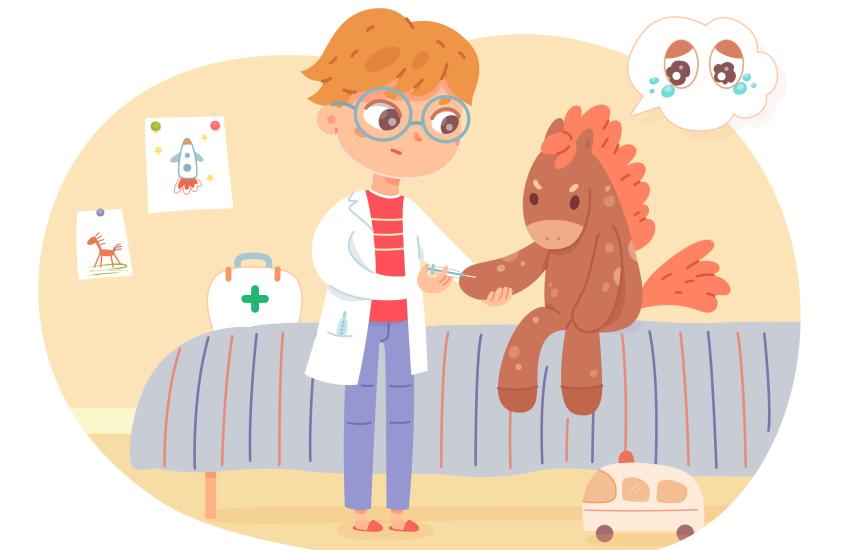Breadcrumb
-
Guidebook
-
Animals & wildlife
-
Indispensable Role of Volunteers in Wildlife Conservation Education
Indispensable Role of Volunteers in Wildlife Conservation Education

Volunteers are the backbone of wildlife conservation education. Their dedication, knowledge, and passion make a significant difference in raising awareness, fostering connections with nature, and inspiring action. By facilitating hands-on learning, enhancing visitor experiences, supporting research initiatives, inspiring future conservationists, and extending limited resources, volunteers play an indispensable role in protecting our planet's wildlife. As we face unprecedented challenges in preserving biodiversity, let us recognize and appreciate the invaluable contributions of volunteers in creating a more sustainable and harmonious relationship between humans and the natural world.
1. Facilitating Hands-on Learning
Volunteers are instrumental in facilitating hands-on learning experiences for individuals of all ages. Whether it's leading guided nature walks, organizing workshops, or conducting interactive presentations, volunteers bring a personal touch that engages and inspires participants. By sharing their knowledge and passion for wildlife conservation, volunteers can ignite a spark of curiosity and a desire to protect and conserve our natural world.
2. Enhancing Visitor Experiences
Wildlife conservation education often takes place in parks, nature reserves, and wildlife sanctuaries. Volunteers serve as ambassadors, enhancing visitor experiences and fostering connections with the natural environment. They provide valuable information, answer questions, and help visitors understand the importance of conservation efforts. By cultivating a sense of wonder and appreciation for wildlife, volunteers create lasting memories and motivate individuals to become stewards of the environment.
3. Supporting Research and Conservation Initiatives
By helping with fieldwork, data gathering, and monitoring tasks, volunteers support scientists doing research and conservationists conducting their work. Volunteers contribute to the essential data required to make wise conservation decisions, whether they are tracking wildlife populations, conducting ecological surveys, or taking part in habitat restoration initiatives. Their commitment and diligence immediately aid in the defense of vulnerable ecosystems and the preservation of endangered species.
4. Inspiring Future Conservationists
By engaging with young people, volunteers play a crucial role in inspiring the next generation of conservationists. They offer mentorship, lead educational programs in schools, and organize youth camps focused on wildlife conservation. By igniting a passion for nature at an early age, volunteers lay the foundation for a future filled with dedicated individuals who will continue the vital work of preserving our planet's biodiversity.
5. Extending Limited Resources
Conservation organizations often operate on limited budgets and manpower. Volunteers fill the gaps by providing their time and skills, allowing these organizations to expand their reach and impact. With the help of volunteers, conservation education programs can be offered in more communities, reaching diverse audiences and creating a ripple effect of positive change.

